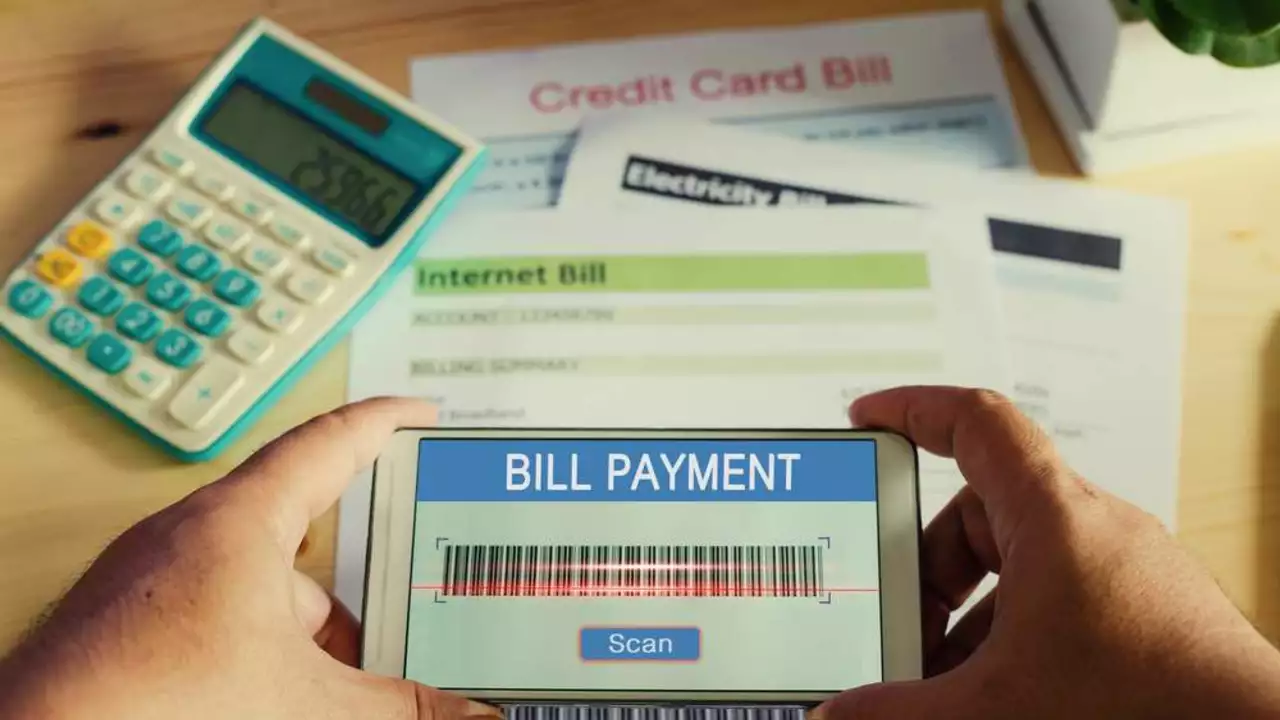Paying Someone Else's Bill: How to Do It Safely and Why It Happens
Ever had a buddy ask you to cover their electricity bill or a relative need help with a medical expense? You’re not alone. People often step in for friends, family, or even strangers when cash flow gets tight. But before you hit ‘send’, it helps to know the best ways to pay and the pitfalls to dodge.
Why People Ask for Bill Help
There are a few common reasons. First, unexpected costs – a sudden hospital visit or a broken fridge can blow a budget. Second, cash‑flow timing – salary may be delayed, so a quick cover keeps services running. Third, trust – a close friend may simply feel comfortable asking someone they know.
Easy Ways to Pay Another Person’s Bill
Most banks let you set up a direct payment to the utility or service provider using the account holder’s reference number. If you have the bill number, you can log into your own online banking and enter it as a ‘third‑party payment.’ Apps like Google Pay, PhonePe, or Paytm also let you scan a QR code on the bill and pay instantly.
Another simple method is to use a prepaid recharge card. Load the amount, give the card number to the person, and they can apply it to their account. This keeps your bank details private while still covering the cost.
If the bill is for a subscription service, many platforms allow you to share a payment link. You just click the link, enter your card details, and the service marks the bill as paid for the other user.
For larger amounts, consider a money‑transfer service like Western Union or a direct ACH transfer. These options often have higher limits and can be traced more easily if anything goes wrong.
Whichever route you pick, always double‑check the account number, bill reference, and amount. A typo can send your money to the wrong person and become a hassle to reverse.
It’s also smart to ask the person to send you a screenshot of the paid bill. That way you have proof that the payment reached the right place and you can settle any disputes later.
Safety first: never share your full banking login or OTP with anyone. Legitimate services never ask for your password or personal PIN. If a friend asks for that, politely refuse and suggest a safer method.
Be aware of hidden fees. Some payment apps charge a small percentage for transferring money, especially across banks. Factor that into the total amount you send, or choose a fee‑free option like a direct bank transfer.
Finally, set clear expectations. Let the person know whether you expect repayment, and if so, when. A quick text confirming the amount and due date saves awkward conversations later.
Paying someone else’s bill can be a kind gesture that keeps relationships strong. With the right tools and a few safety checks, you can help without risking your own money.

Is it possible to pay someone else's cell phone bill?
In today's post, we explored the possibility of paying someone else's cell phone bill. The answer is a resounding yes! Most phone companies and online platforms allow you to make payments on behalf of others. The process is usually as simple as logging in, selecting the option to pay a bill, and entering the recipient's phone number and payment details. So, if you're looking to help out a friend or family member, paying their cell phone bill is definitely an accessible option.
View More